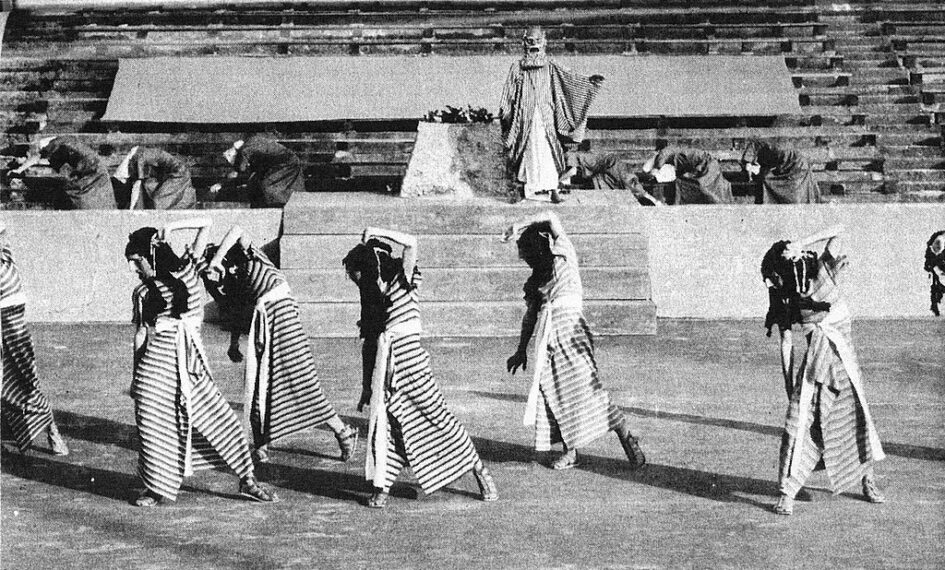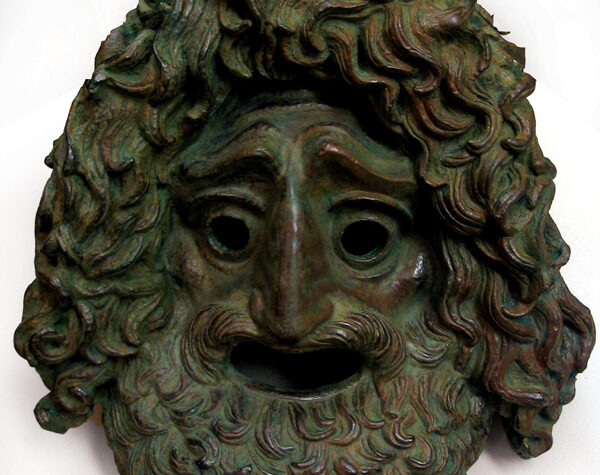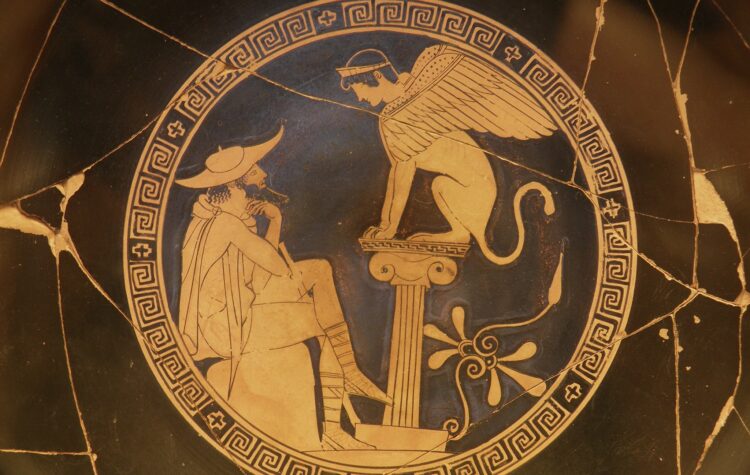Meaning of Chorus: In its most general sense, a chorus refers to a group of people who sing together, often in the background of a musical performance. In classical music and opera, the chorus is a large group of singers who perform together, typically representing a collective voice or character within the production. In modern music, the chorus of a song is the part that is repeated, usually after each verse, known for being particularly catchy or memorable.
Etymology and Origin: The word “chorus” comes from the Greek “χορός” (khoros), which originally referred to a band of dancers or singers who performed together, typically in religious festivals or theatrical performances in ancient Greece.
- Greek Roots: In ancient Greek theater, the chorus was a crucial part of drama, consisting of a group that commented on the action of the play, provided background information, and interacted with the main characters.
- Latin and English Adoption: The term was adopted into Latin as “chorus,” with a similar meaning. It entered English with the revival of interest in classical literature and theater.
- Development in Music and Drama: Over time, the role of the chorus evolved in both theater and music. In operas and musicals, it came to denote a group of singers distinct from the main performers, while in modern songs, it refers to the repetitive and central part of a composition.
Thus, “chorus” has maintained its core meaning from ancient Greek theater as a group performing in unison, evolving to encompass various roles in modern musical and theatrical productions.





 Consider supporting the author with just $1 —a small gesture for you, but a significant boost for ongoing explorations and maintaining this space. Every dollar helps cover hosting, domain, and service fees.
Consider supporting the author with just $1 —a small gesture for you, but a significant boost for ongoing explorations and maintaining this space. Every dollar helps cover hosting, domain, and service fees.